The Ethical Tightrope: Navigating Governance Challenges in the Age of Artificial Intelligence
The Ethical Algorithm: Navigating the Complex World of AI Governance Artificial intelligence is rapidly transforming every facet of our lives, from the algorithms that curate our news feeds to the systems driving financial markets. But with this immense power comes significant responsibility. As AI becomes more integrated into decision-making processes—affecting everything from loan applications to medical diagnoses—the need for robust ethics in artificial intelligence governance is paramount. This isn’t just a philosophical debate; it's a business imperative and a societal necessity. We’re diving deep into the crucial considerations surrounding responsible AI, exploring current challenges, emerging solutions, and the future of AI ethics. Why AI Governance Matters Now More Than Ever The rapid advancement of generative AI like ChatGPT, alongside sophisticated machine learning models, has propelled AI into the mainstream. However, unchecked AI deployment carries inherent risks. Biased datasets can perpetuate and amplify existing societal inequalities. Lack of transparency in algorithmic decision-making can lead to unfair or discriminatory outcomes. Misinformation generated by AI poses a serious threat to democratic processes. Furthermore, the potential for job displacement due to automation necessitates proactive and ethical strategies. Ignoring these issues isn’t an option. Effective ai governance frameworks are essential to ensure AI is developed and deployed responsibly, maximizing its benefits while mitigating potential harms. This includes addressing issues like data privacy, algorithmic bias, accountability, and transparency. Successfully steering AI development requires a multi-stakeholder approach involving governments, industry leaders, researchers, and civil society. The stakes are high, and the time for action is now. Key Challenges in Establishing Effective AI Governance Creating and implementing comprehensive ethics in artificial intelligence governance isn't a simple task. Several key challenges hinder progress: Algorithmic Bias: AI models are trained on data, and if that data reflects existing biases, the AI will learn and perpetuate them. This can lead to discriminatory outcomes in areas such as hiring, loan applications, and even criminal justice. Addressing this requires careful data curation, bias detection techniques, and ongoing monitoring. Lack of Transparency: Many AI systems, particularly deep learning models, are "black boxes"—it's difficult to understand how they arrive at their decisions. This lack of transparency makes it challenging to identify and correct errors or biases, and erodes trust. Explainable AI (XAI) is a growing field aiming to address this challenge. Accountability Gaps: When an AI system makes a mistake, who is responsible? The developer? The deployer? The user? Establishing clear lines of accountability is crucial for ensuring redress and preventing future errors. Data Privacy Concerns: AI systems often require vast amounts of data, raising concerns about data privacy and security. Compliance with regulations like GDPR and CCPA is essential. Federated learning, which allows AI models to be trained on decentralized data without sharing the data itself, is a promising solution. Rapid Technological Advancement: The pace of AI innovation is incredibly fast, making it difficult for ai governance frameworks to keep up. Regulations risk becoming outdated quickly. Adaptive and flexible governance mechanisms are needed. Building Robust AI Governance Frameworks: A Multi-Layered Approach Addressing these challenges demands a comprehensive and multi-layered approach to AI governance. Here’s a breakdown of key elements: Ethical Guidelines: Developing clear ethical principles to guide AI development and deployment. These principles should address issues like fairness, accountability, transparency, and privacy. Many organizations are adopting frameworks like the OECD Principles on AI. Technical Standards: Establishing technical standards for AI systems, including data quality, algorithmic robustness, and security. This could involve developing standardized testing methods and certification schemes. Regulatory Frameworks: Implementing regulations to enforce ethical guidelines and technical standards. This might include data protection laws, non-discrimination laws, and AI-specific regulations. The EU AI Act is a landmark example of regulatory ambition. Auditing and Monitoring: Regularly auditing AI systems to identify and correct biases, errors, and other problems. Ongoing monitoring is essential to ensure ongoing compliance with ethical guidelines and regulatory requirements. Education and Awareness: Promoting education and awareness about AI ethics among developers, policymakers, and the general public. This will help to foster a culture of responsible AI innovation. Here's a table summarizing key elements of AI Governance Frameworks: Element Description Examples Ethical Guidelines Principles guiding AI development & deployment (fairness, transparency, etc.) OECD Principles on AI, IEEE Ethically Aligned Design Technical Standards Standards for data quality, security, and algorithmic robustness ISO standards for AI, NIST AI Risk Management Framework Regulatory Frameworks Laws & regulations enforcing ethical guidelines & standards EU AI Act, GDPR, CCPA Auditing & Monitoring Regular checks to identify & correct biases, errors AI bias detection tools, model explainability techniques Education & Awareness Raising awareness of AI ethics among stakeholders AI ethics courses, public forums The Future of AI Governance and the Rise of AI Agents Looking ahead, the emergence of more sophisticated AI agents will further complicate the landscape of ethics in artificial intelligence governance. These agents, capable of autonomous action and decision-making, will require even more robust ethical safeguards. The development of self-improving AI systems necessitates careful consideration of long-term consequences and potential risks. The current focus on ai governance frameworks is vital, but we must also anticipate future challenges and proactively develop solutions. This includes exploring concepts like AI safety research and the development of verifiable AI. The interplay between AI governance, blockchain technology, and decentralized autonomous organizations (DAOs) also holds promise for creating more transparent and accountable AI systems. Investing in Alternative Strategies and a More Ethical Future Beyond algorithmic fixes, stakeholders should also explore alternative strategies to promote ethical AI. Investing in human oversight, promoting diverse development teams, and fostering public dialogue are all crucial steps. Furthermore, we can expect to see integration of AI into alternative investment strategies, offering more granular insights and potentially improving risk assessment within portfolios. Investing in ethically sound AI is not just a moral imperative; it's a smart business decision. Companies that prioritize responsible AI development will be better positioned to build trust with customers, attract talent, and gain a competitive advantage. Ready to learn more?Share your thoughts on the future of AI ethics in the comments below! Or, explore resources like the ai governance frameworks offered by the Brookings Institution to deepen your understanding.
Share this content:

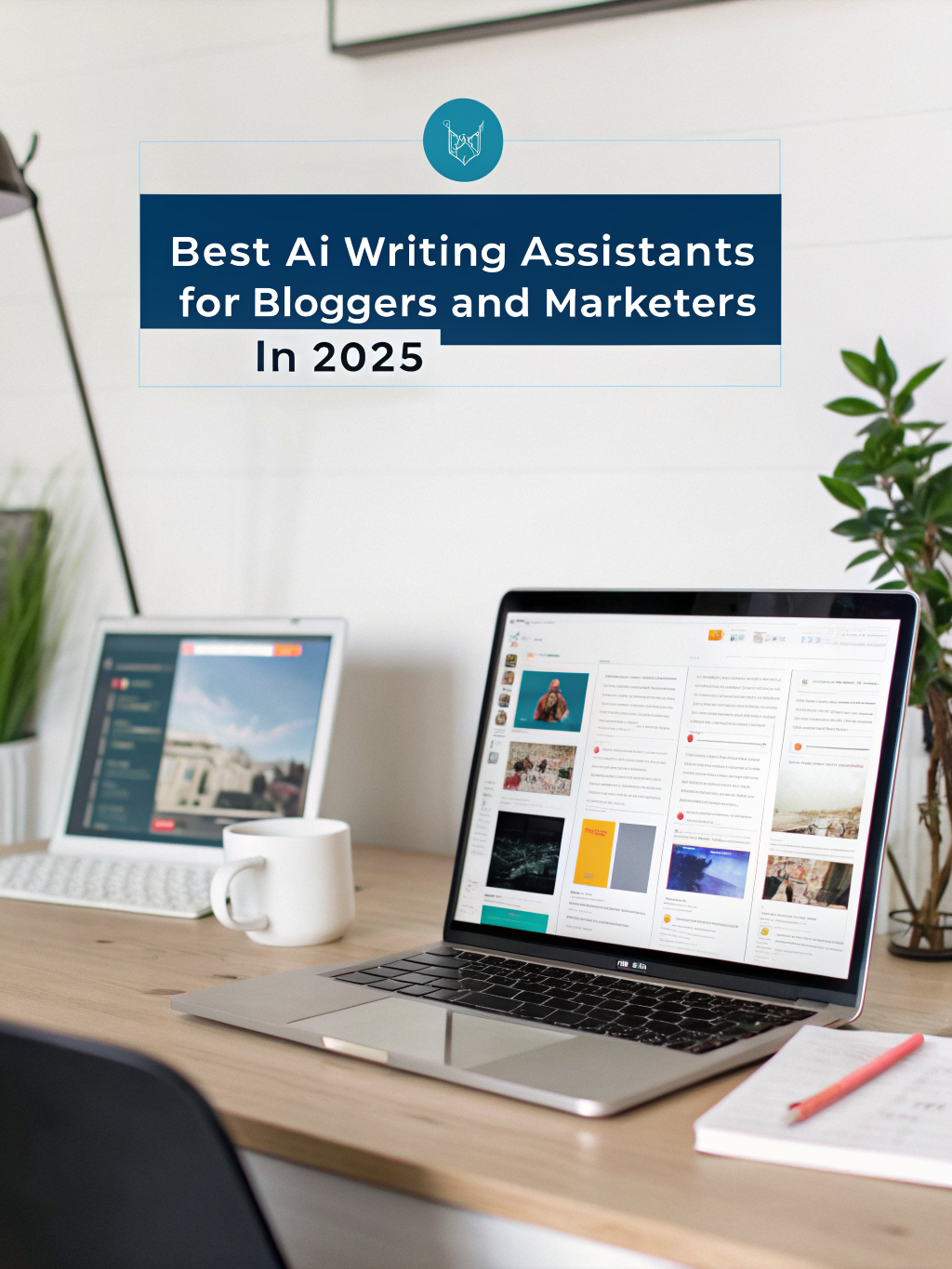
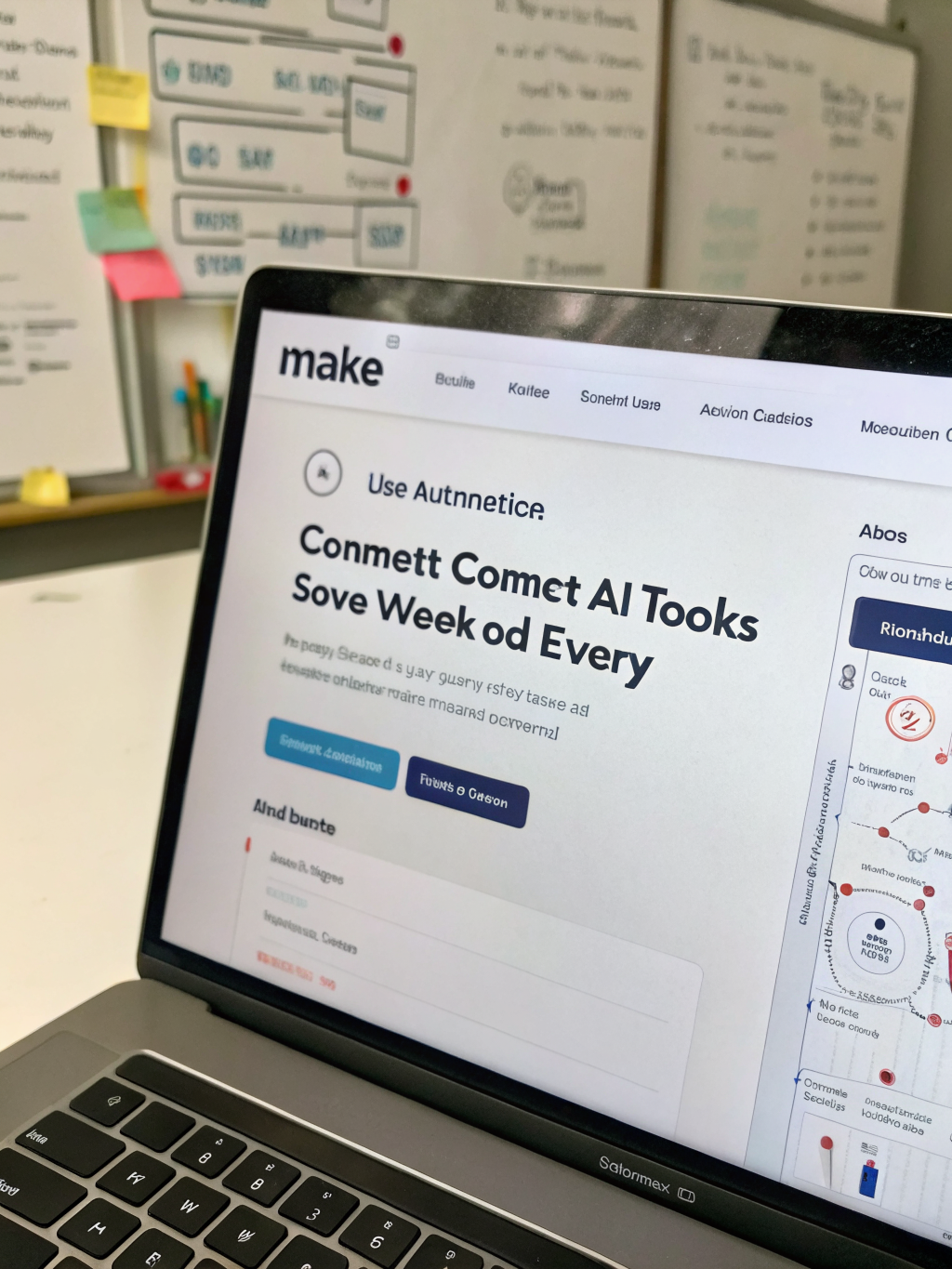

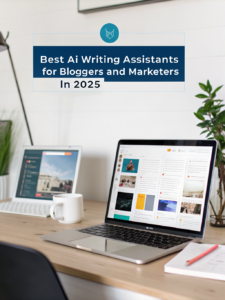
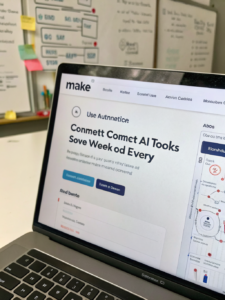

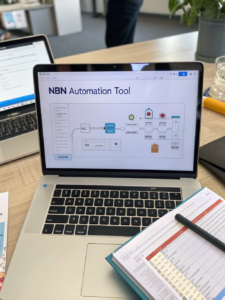
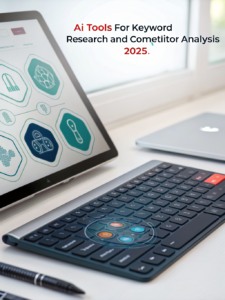
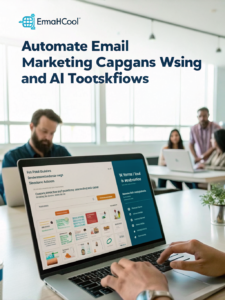
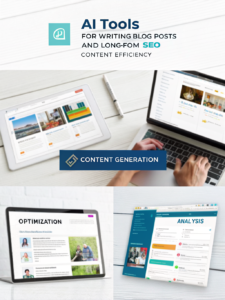



Post Comment